
Untreated sleep apnea may nearly double your risk of Parkinson’s, major study finds
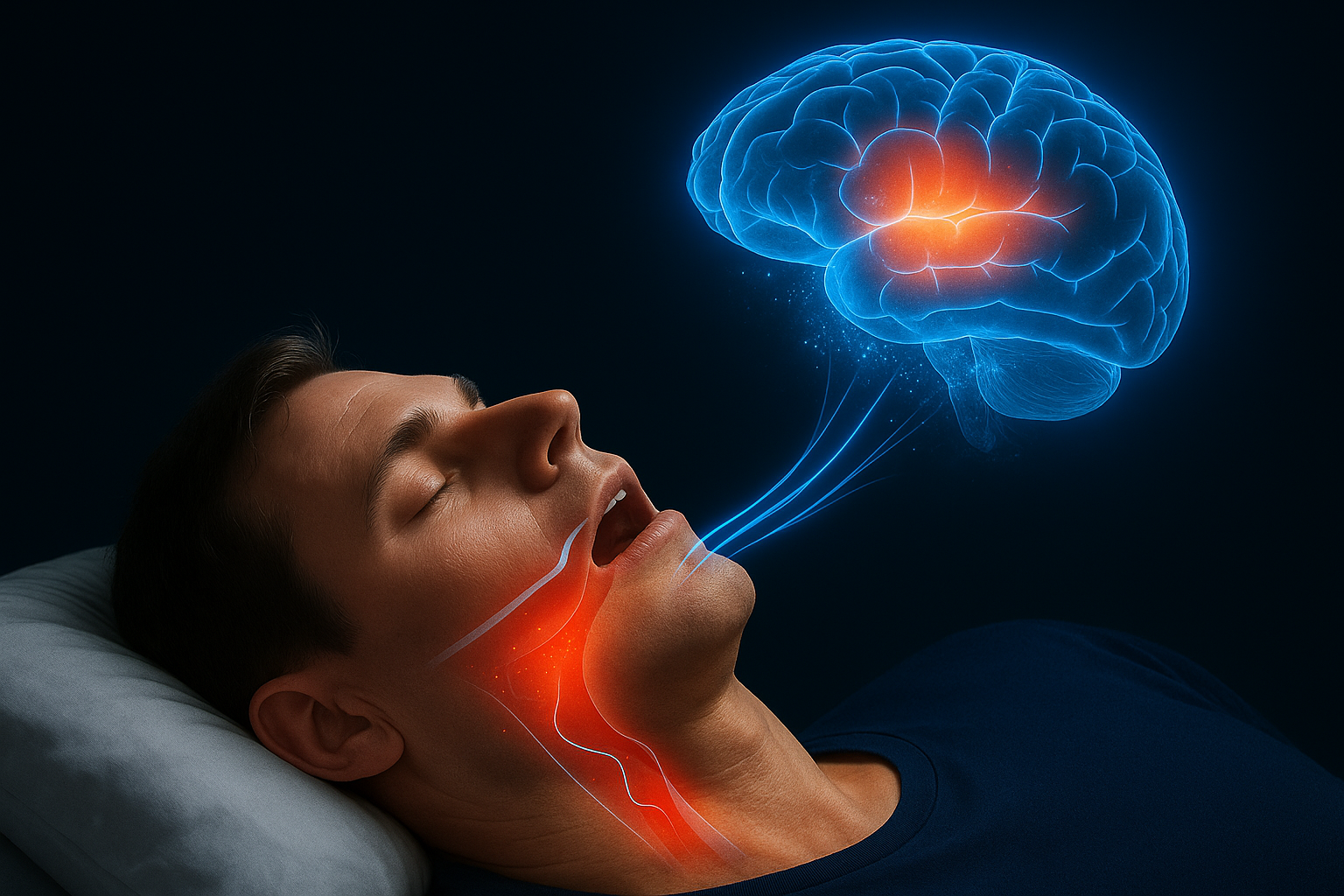
A significant new study involving 11 million U.S. veterans suggests a strong connection between untreated sleep apnea and an increased risk of developing Parkinson’s disease. The research indicates that individuals diagnosed with sleep apnea who do not use a continuous positive airway pressure (CPAP) device may face nearly double the odds of developing the neurodegenerative condition.
Key Takeaways
- A study of millions of U.S. veterans shows that untreated sleep apnea nearly doubles a person’s odds for Parkinson’s disease.
- Years of inadequate oxygen supply to the brain might explain the connection, researchers said.
- The findings should prompt more people to seek out CPAP care for their sleep apnea.
The Study’s Findings
The comprehensive study, which analyzed the medical records of 11 million U.S. military veterans who received care between 1999 and 2022, found that even after accounting for factors like obesity, age, and high blood pressure, untreated sleep apnea was associated with a nearly twofold increase in the risk of Parkinson’s disease compared to those whose sleep apnea was managed with CPAP.
Understanding the Link
Sleep apnea is characterized by repeated breathing interruptions during sleep, which can lead to reduced oxygen levels reaching the brain. Researchers hypothesize that this chronic oxygen deprivation may impair neuron function over time. “If you stop breathing and oxygen is not at a normal level, your neurons are probably not functioning at a normal level either,” explained Dr. Lee Neilson, the study’s lead author and an assistant professor of neurology at Oregon Health & Science University (OHSU). “Add that up night after night, year after year, and it may explain why fixing the problem by using CPAP may build in some resilience against neurodegenerative conditions, including Parkinson’s.”
Implications for Treatment and Practice
Dr. Neilson stated that the findings are compelling enough to potentially alter clinical practice. He also highlighted that modern CPAP devices are more user-friendly and effective than ever before. “The veterans who use their CPAP love it,” he noted. “They feel better, they’re less tired. Perhaps if others know about this reduction in risk of Parkinson’s disease, it will further convince people with sleep apnea to give CPAP a try.”
Parkinson’s disease is an incurable neurodegenerative illness that affects about one million Americans, with risks increasing significantly after the age of 60. The study’s authors suggest that addressing sleep apnea through CPAP therapy could be a crucial step in mitigating the risk of developing this debilitating condition.
More Information
For those interested in learning more about CPAP therapy or sleep apnea, resources are available through healthcare providers and organizations specializing in sleep disorders.
News in the same category

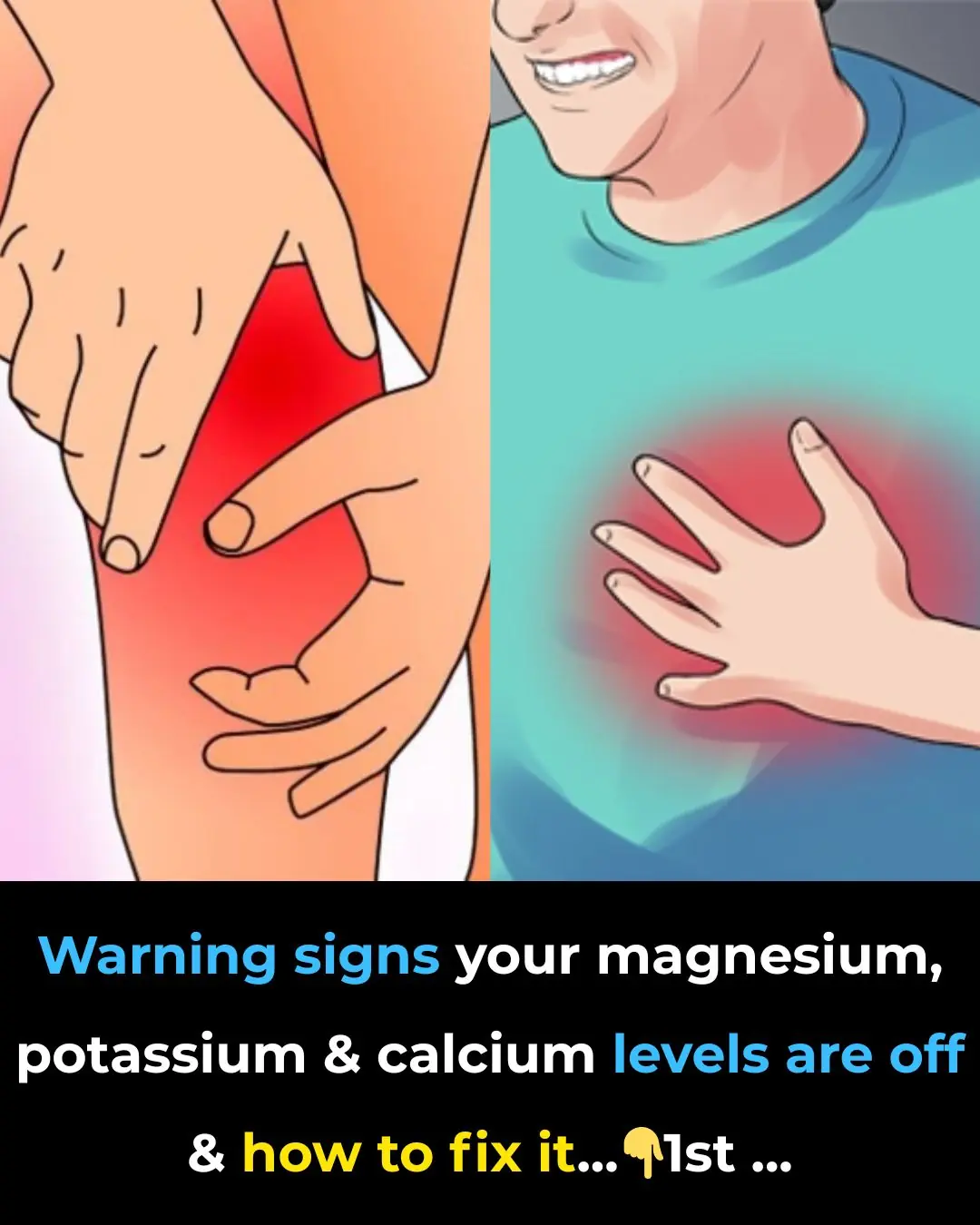
Warning Signs Your Magnesium, Potassium and Calcium Levels Are OFF and How To FIX It!
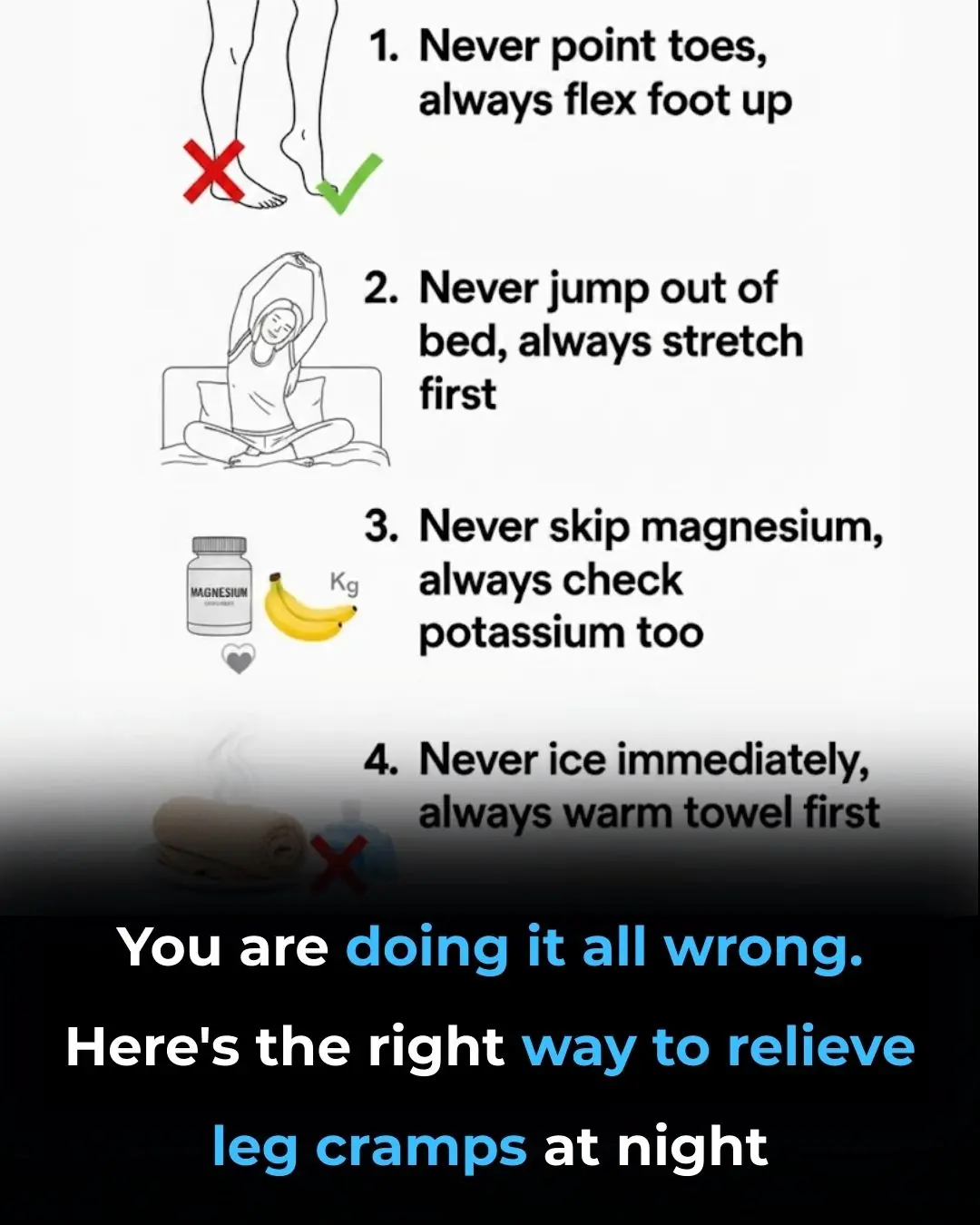
You are doing it all wrong. Here’s the right way to relieve leg cramps at night
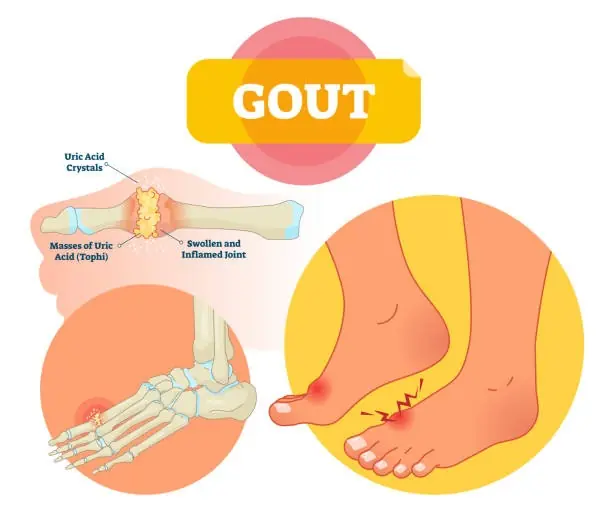
Few Know This Trick To Stop Uric Acid Crystals From Destroying Joints
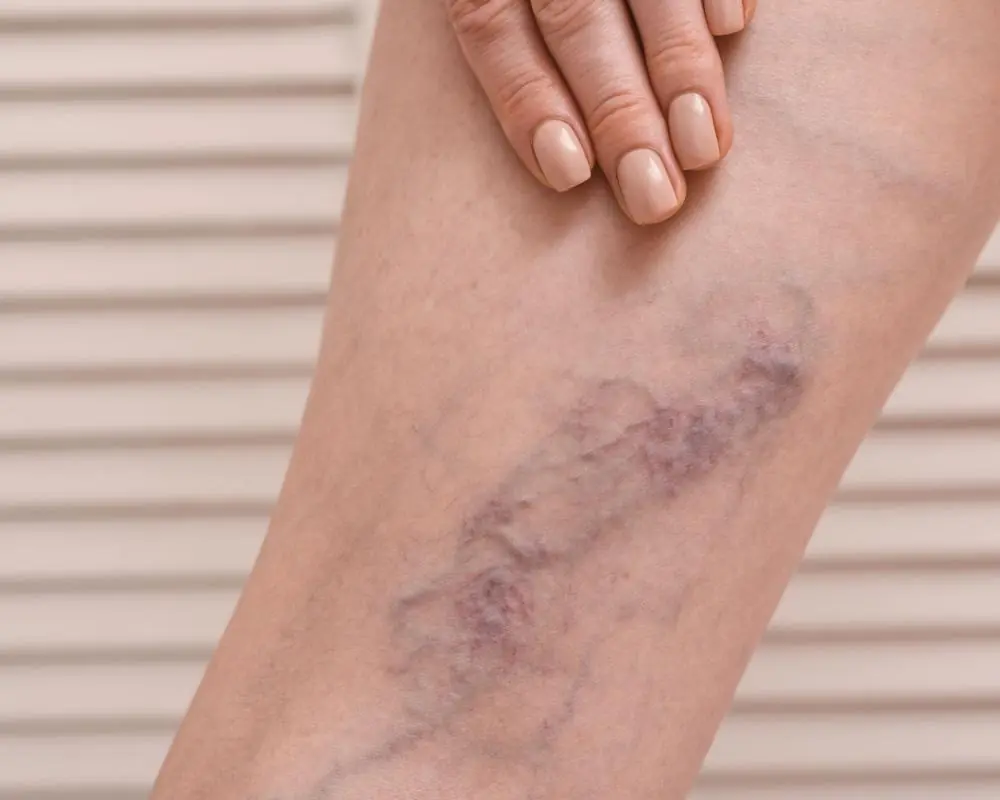
WHAT IS THROMBOSIS? SYMPTOMS AND HOW TO PREVENT IT

The Surprising Healing Power of Onion Milk

AVOID Ginger If You Have THESE Health Problems

12 medications you should never mix with coffee
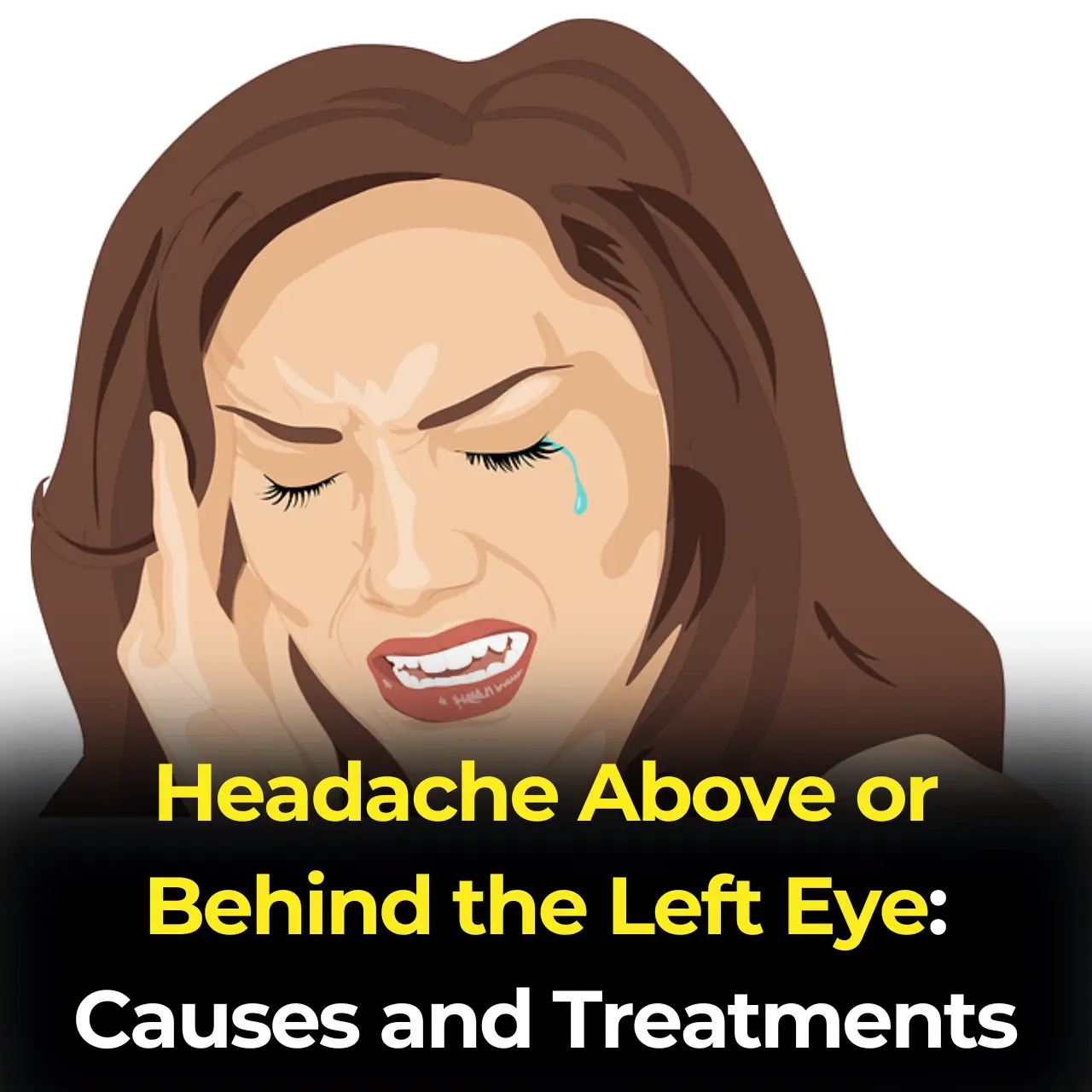
Headache Above or Behind the Left Eye: Causes and Treatments
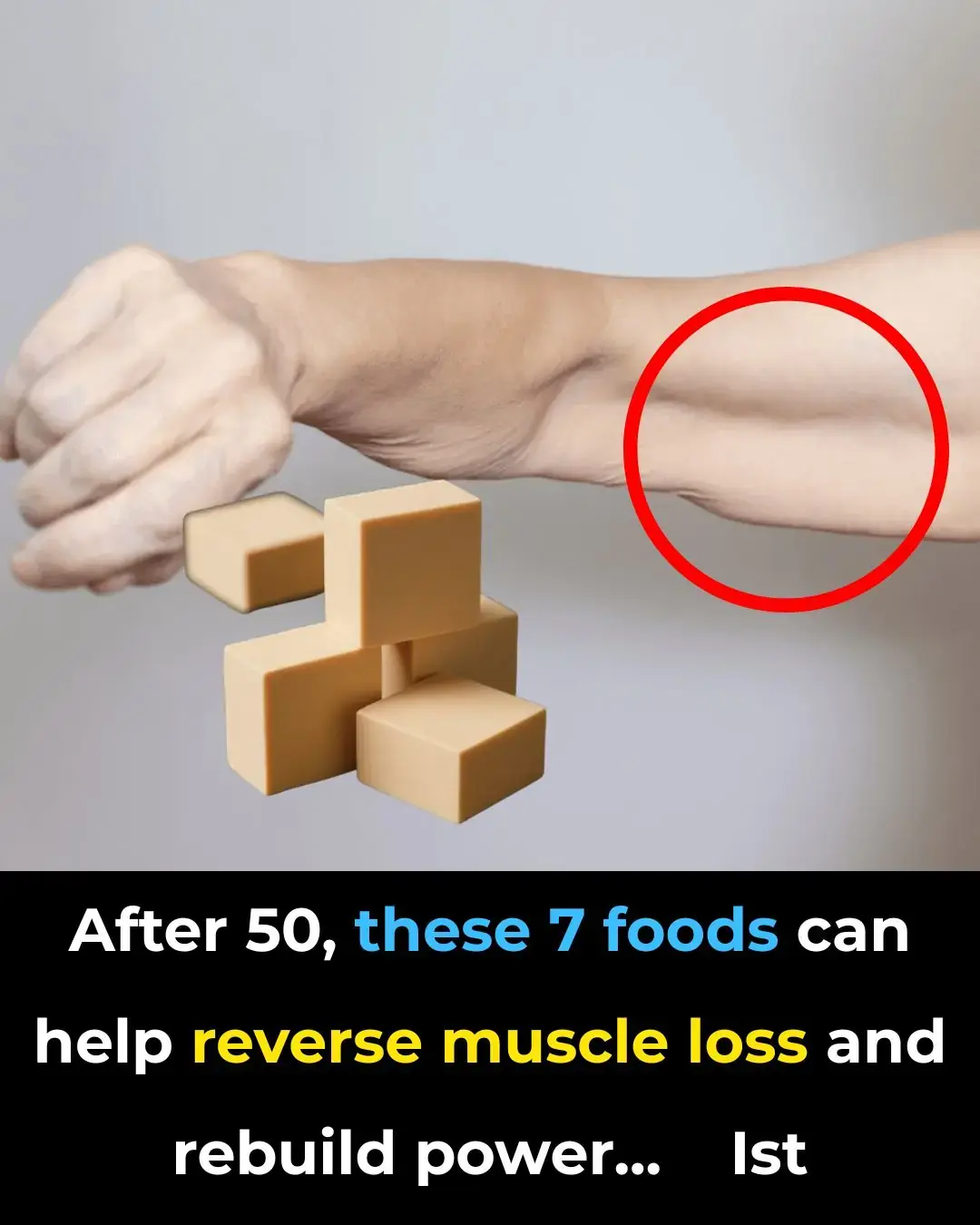
7 best foods to rebuild your muscle strength after 50
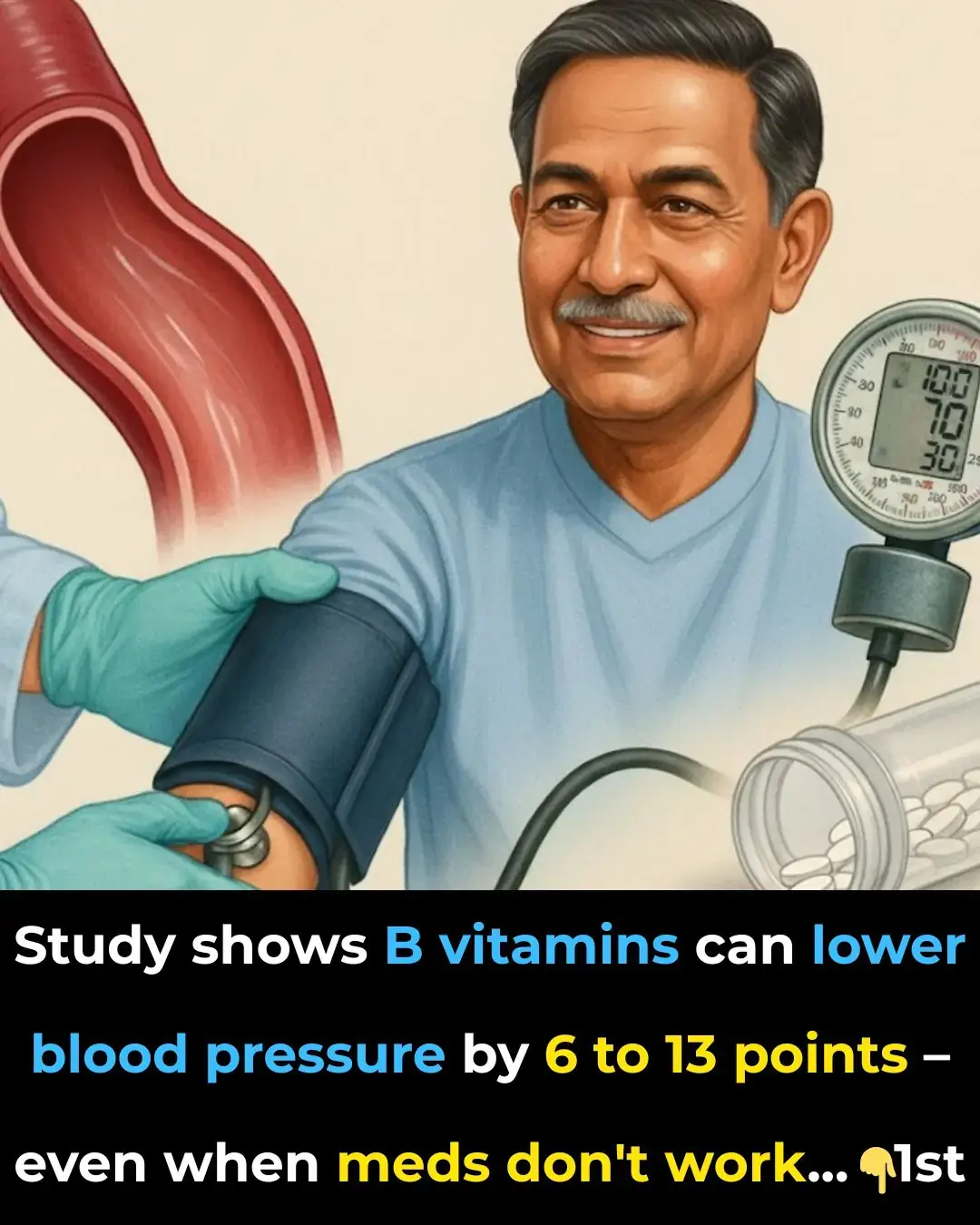
The B vitamin solution: lower blood pressure when medications fail

Take this one shot and watch what happens to your blood pressure

5 Unique Things You Only Experience When Loving an Older Woman
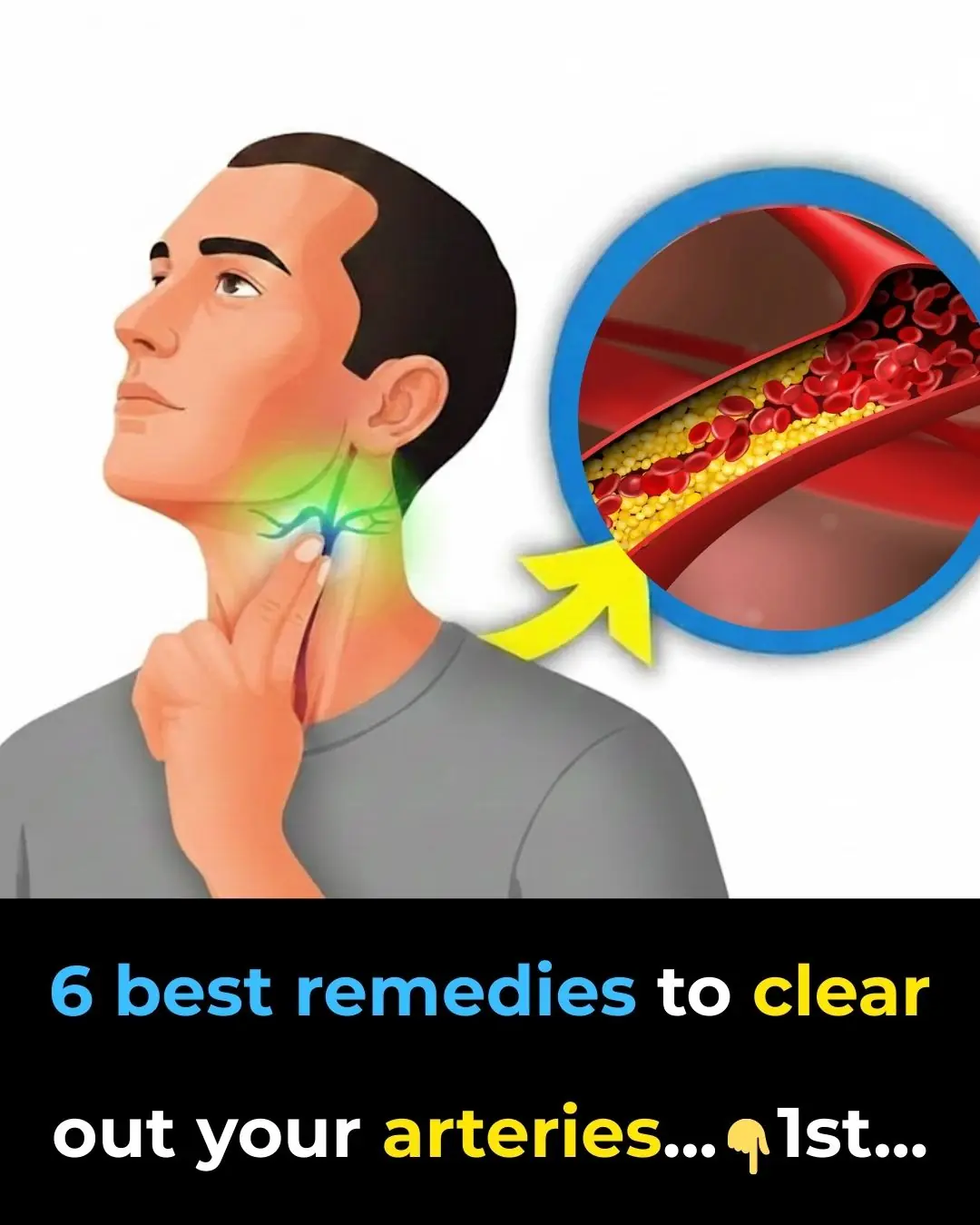
6 Best Remedies To Clear Out Your Arteries
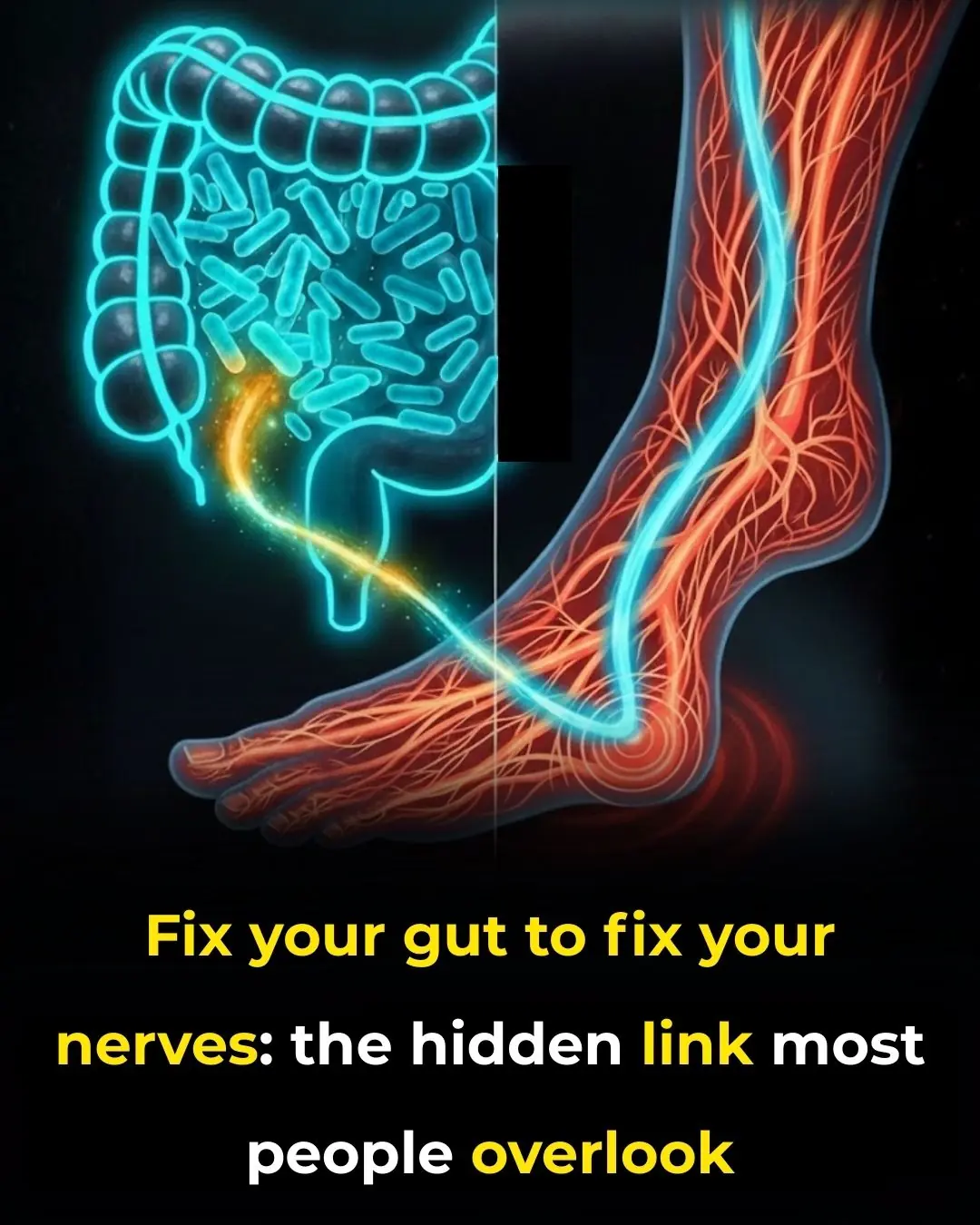
Fix your gut to fix your nerves: the hidden link most people overlook

6 fruits that help your body fight cancer cells naturally
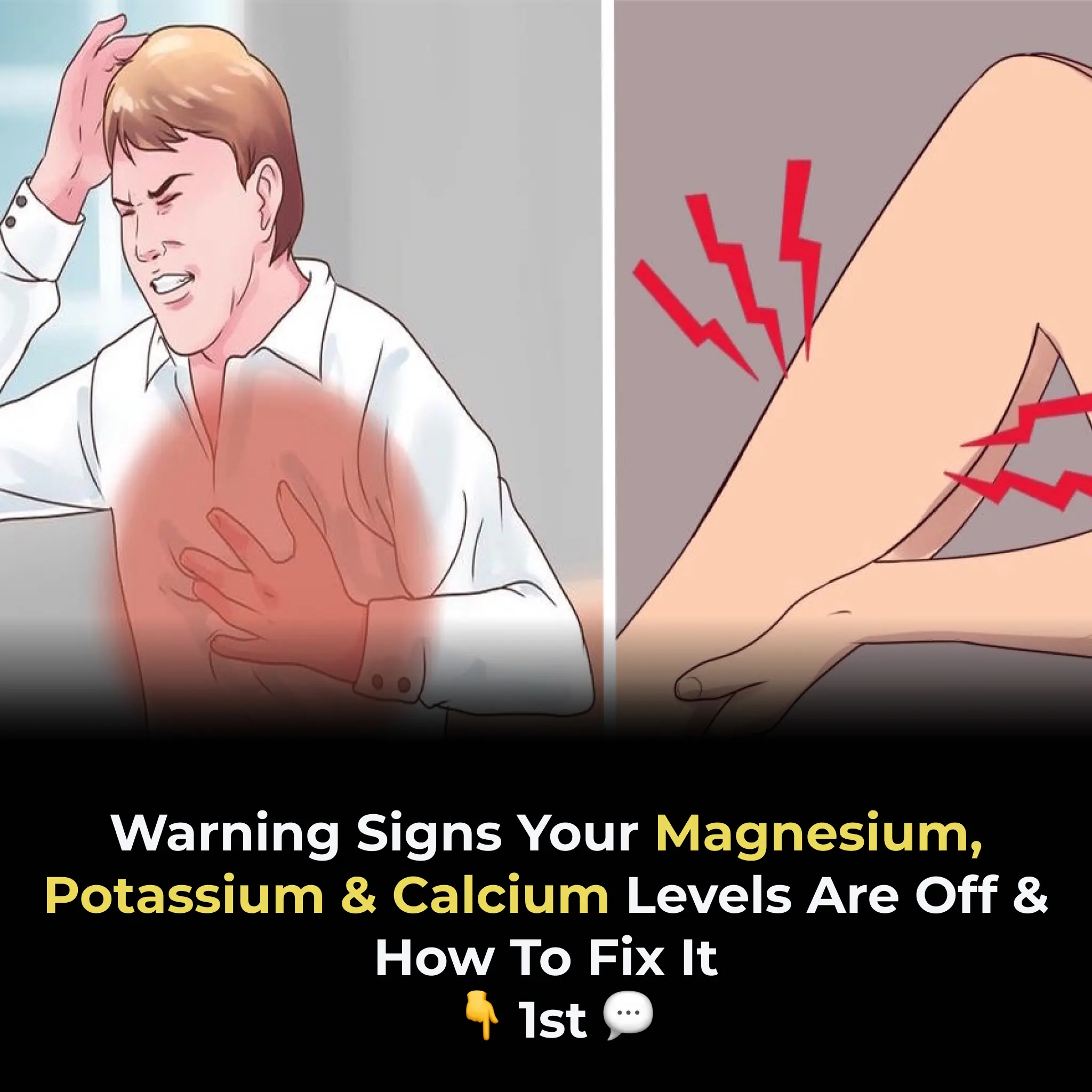
Warning Signs Your Magnesium, Potassium, and Calcium Levels Are OFF and How to FIX It!

Doctors reveal the no.1 supplement to reduce dementia risk

Top 5 veggies to detox your arteries & prevent heart attacks!
News Post
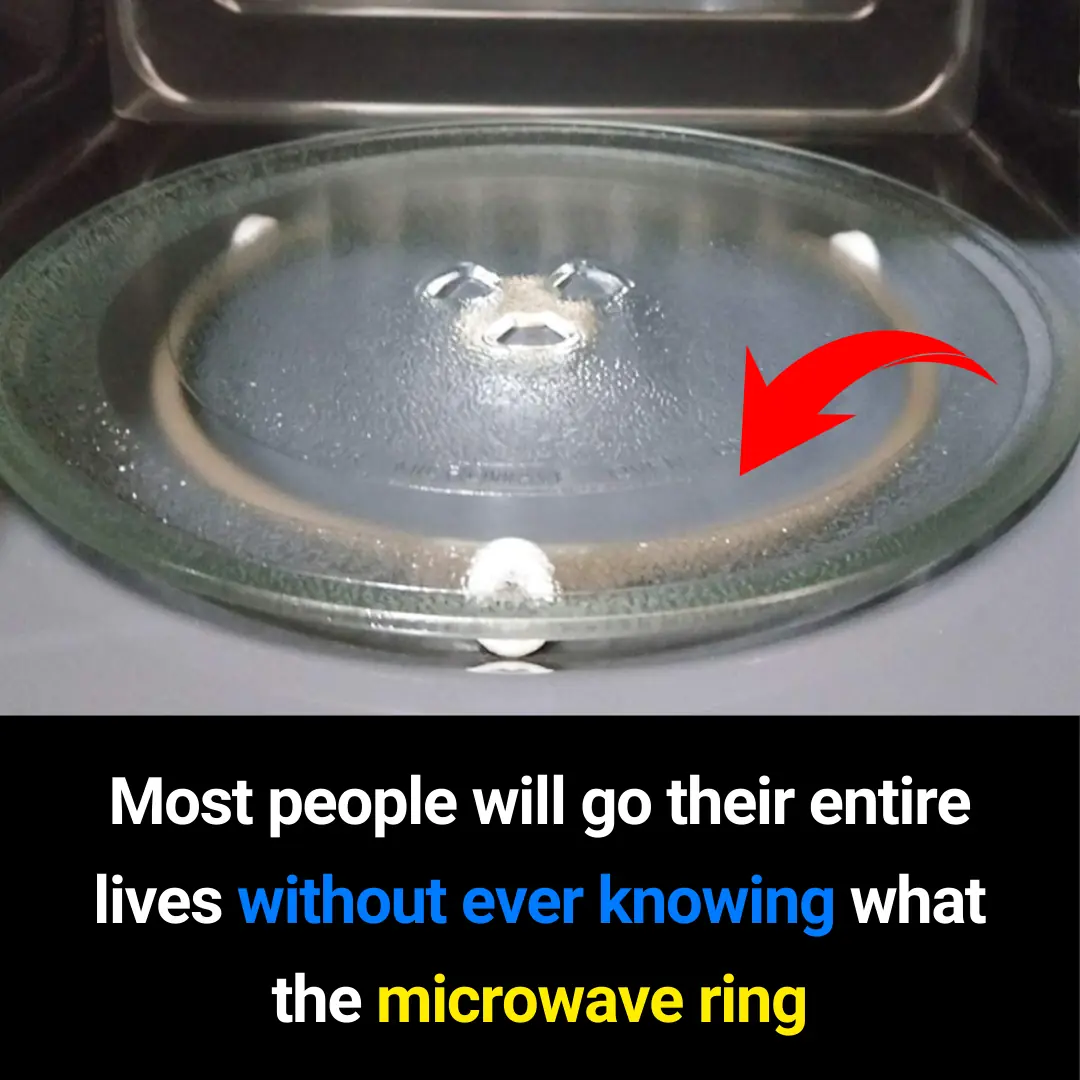
What Is a Microwave Ring Cover? Why This Small Part Matters More Than You Think (SEO-Friendly Guide)

The Netherlands Builds a 600-Meter Floating System to Clean Ocean Plastic: A Breakthrough for Global Marine Protection

✅ International Medical Recommendations for Treating Snakebites

🌟 Belgium’s 15-Year-Old Prodigy Earns a PhD in Quantum Physics — A Remarkable Journey of Genius and Innovation 🌟

The Brain Actively Erases Short-Term Memories to Boost Efficiency

Betelgeuse Nears Its Final Stage: A Supernova That Could Be Visible in Daylight
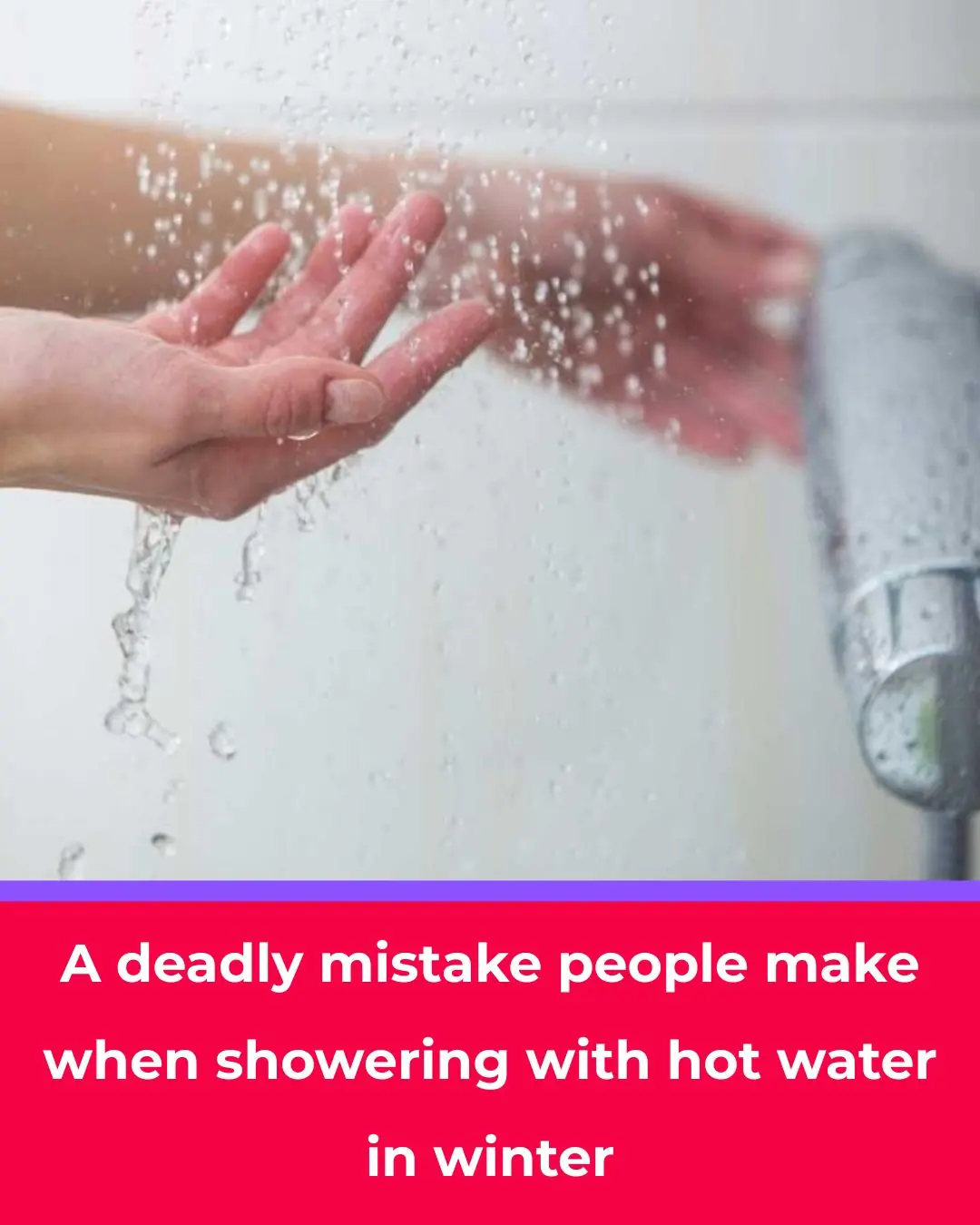
Deadly Mistakes to Avoid When Showering With Hot Water in Winter

2 Pork Parts That Contain a High Amount of Risky Cells — Stop Eating Them Before It’s Too Late

3 types of vegetables you shouldn’t eat raw — no matter how tasty or nutritious — because they can silently damage the liver

More and more people are developing kidney failure, and doctors warn that four common drinks are the “silent culprits.” It’s time to cut back.

I Had No Clue About This! Such an Interesting Trick My Nana Swore By

My Nana Swears by This! Just 1 Thin Slice a Week — Your Orchids Will Explode with Growth
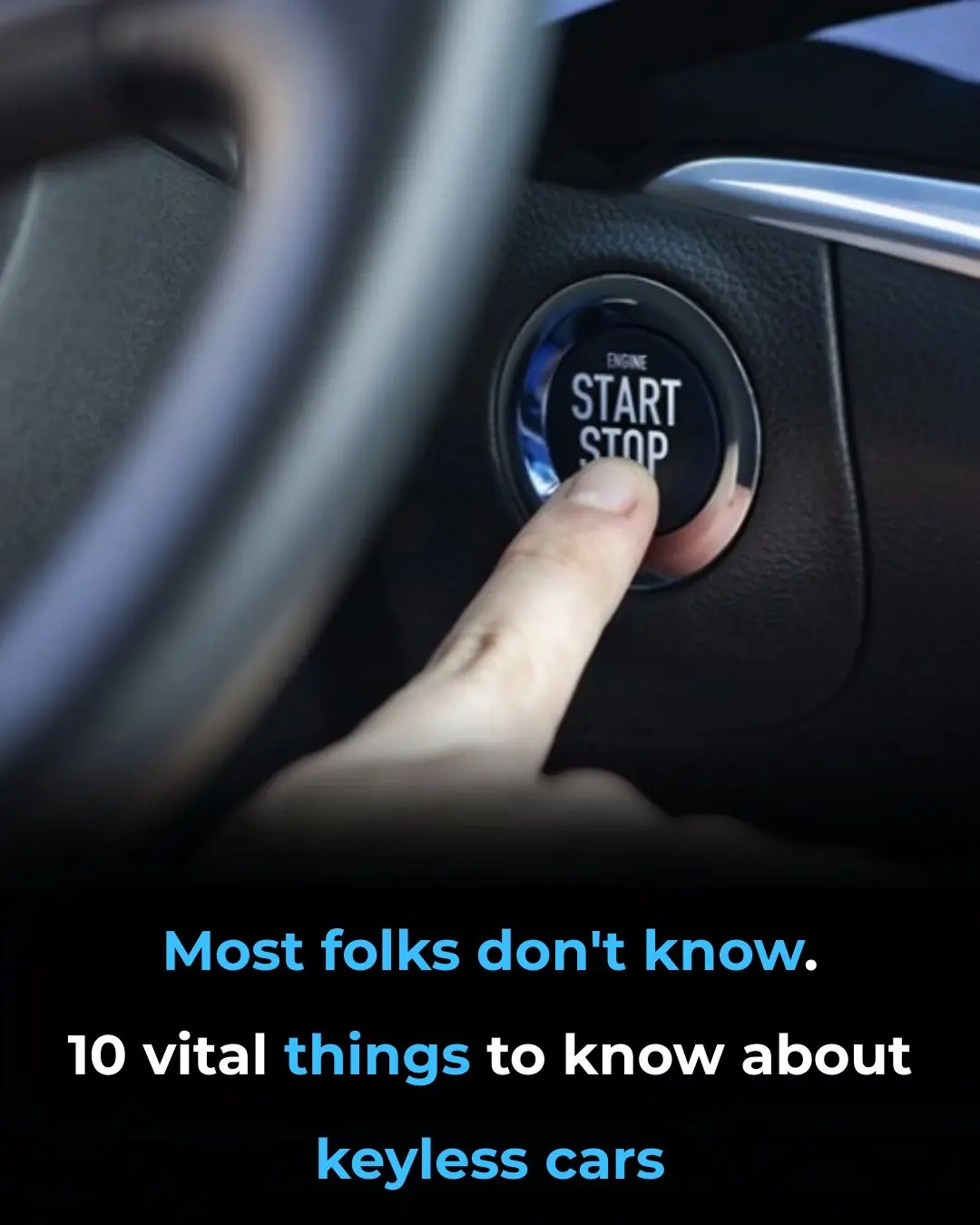
The Keyless Car Trend Everyone’s Talking About

Nana’s Timeless Trick for Bringing Jewelry Back to Life

Stem Cell Therapy Restores Insulin Production in Type 1 Diabetes Patients

China Launches Hanyuan‑1: World’s First Commercial Atomic Quantum Computer
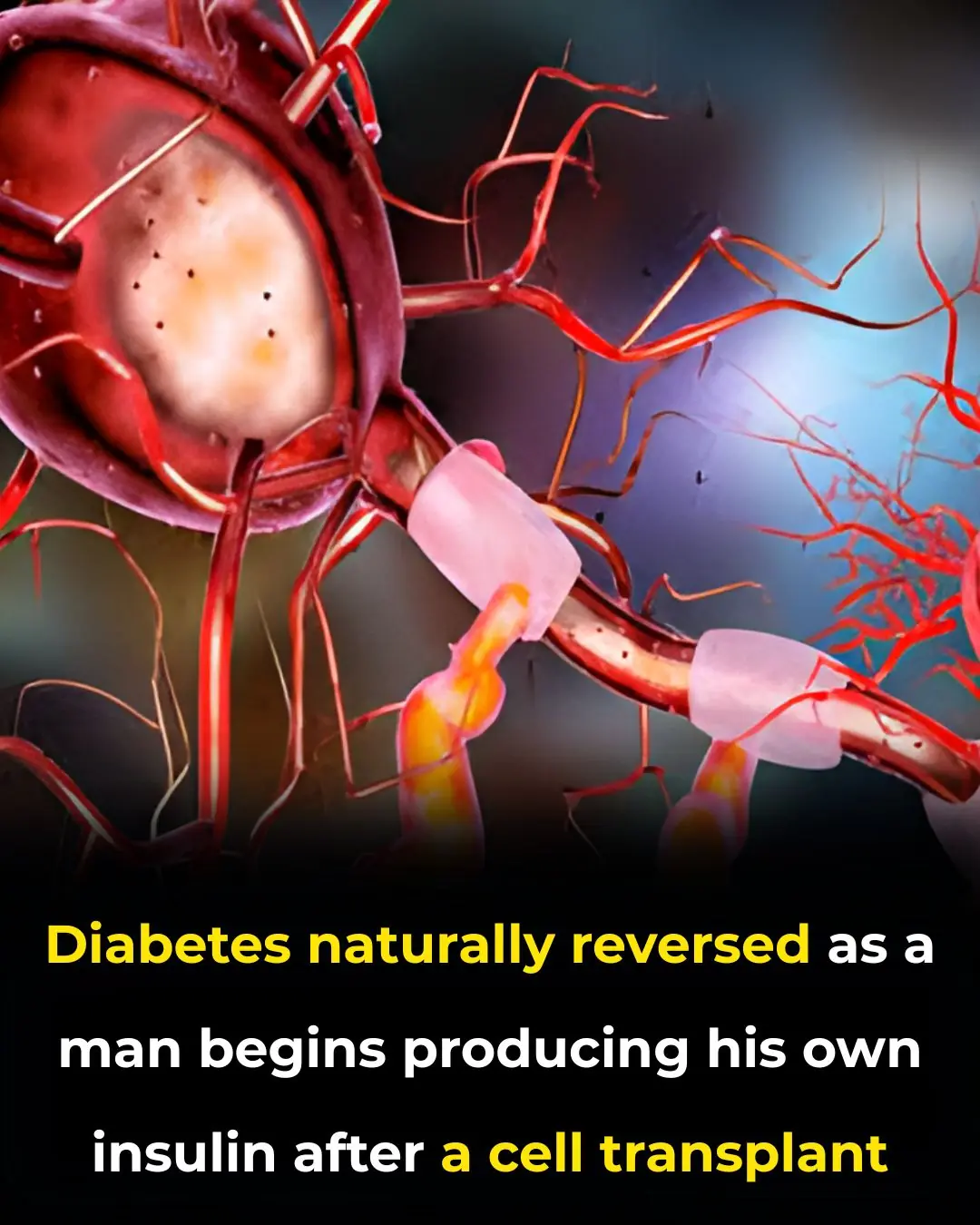
Breakthrough Cell Transplant Restores Insulin Production, Offering New Hope for Diabetes Reversal
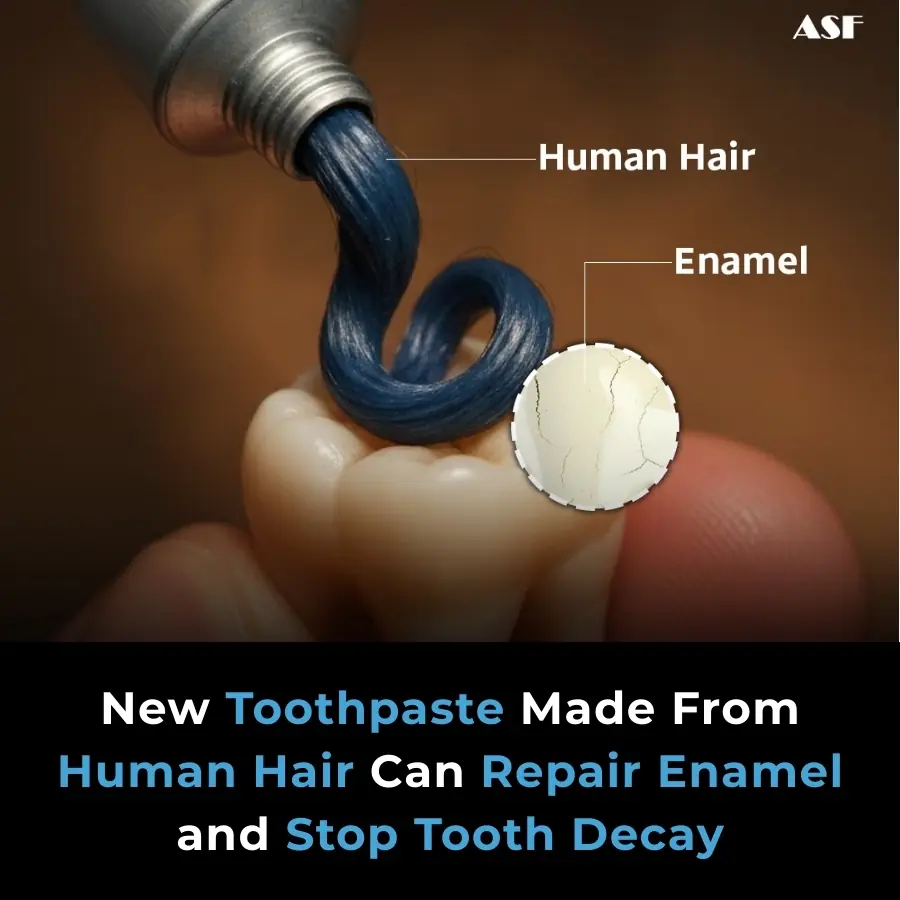
Keratin From Human Hair Could Revolutionize Tooth Enamel Repair

A Homeless Pup's Heartfelt Payment: A Story of Kindness and Unspoken Bonds
